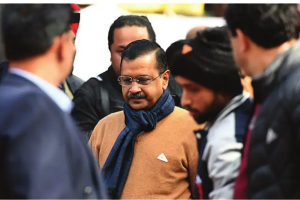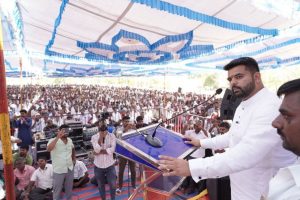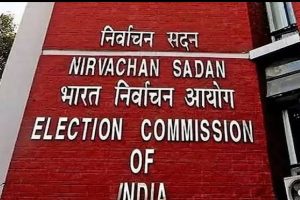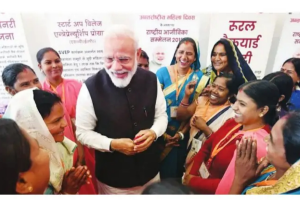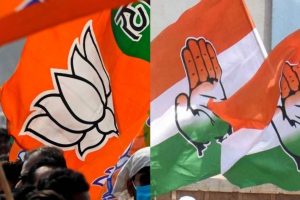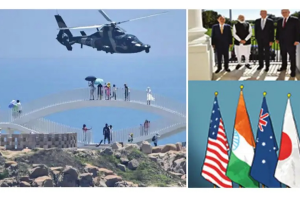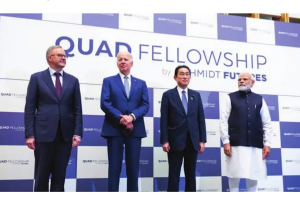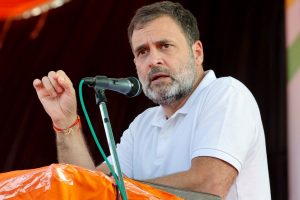The island nation of Sri Lanka is some distance away from Pakistan and not merely in terms of its governance. But just as the government in Islamabad lunges from crisis to crisis, so too has the uncertainty deepened in Colombo. If legislators are up in arms in Pakistan, dozens of lawmakers walked out of the ruling coalition on Tuesday, reducing the government of President Gotabaya Rajapaksa to a minority in parliament.
The legislative desertion has happened at a criticial phase, specifically when the government grapples with protests over the worst economic crisis in decades. In yet another setback for the beleaguered administration, the government ~ such as it is ~ contends with the resignation of the finance minister, Ali Sabry, a day after he was appointed, and ahead of the talks with the International Monetary Fund for a loan programme.
In his letter to the President, Mr Sabry said he had “acted in the best interests of the country which at this juncture needs stability”. The resignation of Mr Sabry before the ink had dried on his appointment has made confusion worse confounded, reaffirming the fact that the rift in the political lute has exacerbated the economic crisis.
President Rajapaksa dissolved the Cabinet on Monday as he tried to put in place a unity government in the face of public unrest over the ruling party’s handling of the direly indebted economy. The endemic shortage of food and crippling power cuts are but symptoms of the overwhelming malaise. Fears of an acute shortage of medicines, including life-saving drugs, that could cripple the public health system are dangerously real.
While there is speculation in Colombo over the next steps the government might take, the appointment of a new Prime Minister to replace the President’s elder brother, Mahinda Rajapaksa, is not ruled out. Alternatively, there could be snap elections though the scheduled vote in 2025 is still a long way away. After the 41 lawmakers left the coalition, they have now become independent members, leaving Rajapaksa’s government with less than the 113 members needed to boast a majority in the 225-member Upper House.
It is a symptom of the desperate dearth of funds that Sri Lanka has with effect from 30 April announced the temporary closure of its embassies in Oslo and Baghdad, and the consulate-general in Sydney. Maithripala Sirisena, leader of the Sri Lanka Freedom Party, has withdrawn his support for Rajapaksa’s coalition. He has urged the President and the Prime Minister to present a “clear plan” to resolve Sri Lanka’s financial mess.
The Opposition parties have rejected a move to form a unity government consisting of all parties represented in Parliament. “There should not be a voice that is contrary to the voice on the streets”. Those voices want the Rajapaksa clan out of power and do not favour the tinkering which is being suggested; they have become increasingly resonant in Colombo and further afield. The economic cauldron has replaced the cauldron of the ethnic variety. The economic mess has blended with the constitutional.


